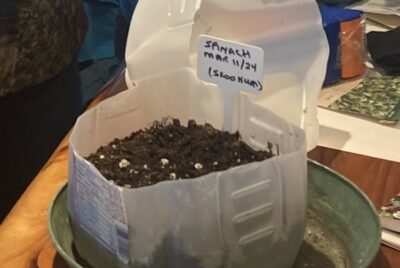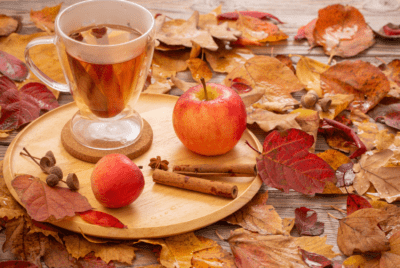RESEARCH
Combining Trauma-Focused Treatments with Horticultural Therapy
Summary
This article discusses how horticultural therapy (HT), or therapy through gardening, is combined with other evidence-based treatments to help students with trauma histories at Pacific Quest (PQ). The therapist, Theresa Hasting, noticed how gardening naturally helps students calm down and regulate their emotions. She integrates Trauma-Focused Cognitive Behavioral Therapy (TF-CBT), which helps process traumatic events, and Trust-Based Relational Intervention (TBRI), which focuses on building trust and connection, with the HT model. The garden offers students a safe and non-judgmental space to experiment, connect with nature and others, and regulate their emotions through activities like mulching, weeding, and sensory meditation.
By first using the garden to help students feel safe and regulated, they can then better engage in the TF-CBT process, which involves examining their thoughts and trauma. The article includes a student’s personal experience, highlighting how the garden became a place of self-discovery and healing, using gardening metaphors to understand their own emotional growth and recovery from trauma. The integration of TBRI, TF-CBT, and HT provides a comprehensive approach to healing trauma, allowing students to reprocess their experiences on a physical and emotional level, redefining their stories in a supportive environment.







